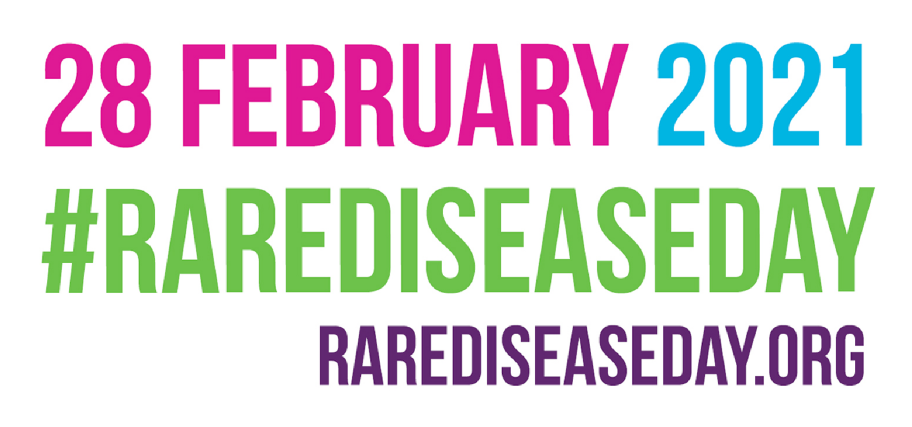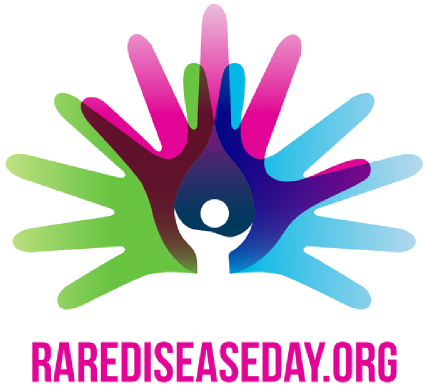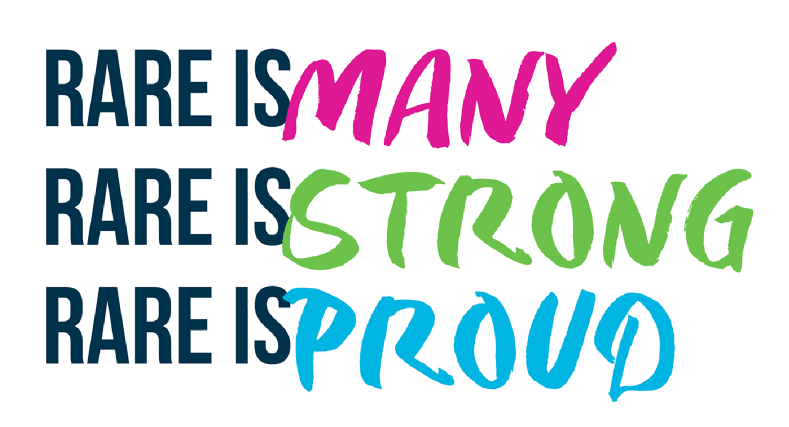A Letter to the Myotonic and Duchenne Muscular Dystrophy Communities
February 2024
Our Commitment
Dyne has a longstanding commitment to engaging people living with rare muscle diseases and including their expertise and insights in our therapy development work. It’s been a cornerstone of the company’s approach since our founding and is evident in the myriad ways we have involved myotonic dystrophy type 1 (DM1), Duchenne muscular dystrophy (DMD) and facioscapulohumeral dystrophy (FSHD) community members, in clinical trial design advisory workshops, panel presentations and webinars, and community conversations and listening sessions, hosted both at Dyne and in the community.
Your Experience Matters
We are committed to listening to and learning from the communities we serve, because your stories inspire us and because they provide insights and information about disease burden and meaningful benefit that we know is critical to developing truly transformative therapies.
Our community engagement work has been particularly significant with respect to the development of our current global clinical trials, ACHIEVE (for DM1) and DELIVER (for DMD). Community feedback leads to more thoughtful and sensitive trial designs and drives more informative and meaningful outcomes from clinical studies.
We Captured and Implemented Your Expertise
For these reasons, we designed a multi-pronged process to capture input from individuals living with DM1 and Duchenne to inform the design of our ACHIEVE and DELIVER trials and to decrease the difficulties that participants and families might experience participating in them. Community advisory workshops focused on how affected individuals and their families evaluate and select clinical trials for participation, the importance, quality, and burden associated with individual trial design elements, participation considerations such as site location and the study visit design, patient privacy, the suitability and scope of travel and participant support programs, and the accessibility of content in the informed consent forms.
In response to workshop feedback, we refined our trial protocol and clinic visit design and developed a travel service program that takes into account the burden of clinical trial travel, the possibility of home visits when feasible, and allows for adequate rest before clinic visit initiation and between assessments.
We have Published your Feedback
Few publications exist that provide comprehensive insights from DM1 and DMD community members about the impact, preferences and burden associated with clinical trial participation. So Dyne invited patient advocacy leader Patricia Furlong, Founder and CEO of Parent Project Muscular Dystrophy (PPMD), to join us in capturing and documenting the workshop discussions and conclusions in a newly published article in Research Involvement and Engagement titled: “Patient Engagement in Clinical Trial Design for Rare Neuromuscular Disorders: Impact on the DELIVER and ACHIEVE Clinical Trials.” Online access to the publication is available here.
We hope that other efforts to develop therapies for these communities will use the knowledge captured in the publication to enhance related study development and lower the burden community members experience in participating in them.
The Conversation Continues
We are committed to ongoing communication with the DM1, DMD and FSHD communities to stay current with disease community perspectives and feedback. Watch for information about webinars, panel discussions and other opportunities shared with our patient advocacy partner organizations and our social media channels. You can also reach out to us directly at communityinquiries@dyne-tx.com.
Thank You
Our therapy development efforts and the other critical studies being conducted to better understand serious muscle diseases, progression and symptom burden would not be possible without the generous participation of community members like you. We sincerely recognize and acknowledge the hard work and feedback provided by community participants, and we are deeply grateful. Thank you.
Sincerely,
Dyne Therapeutics




